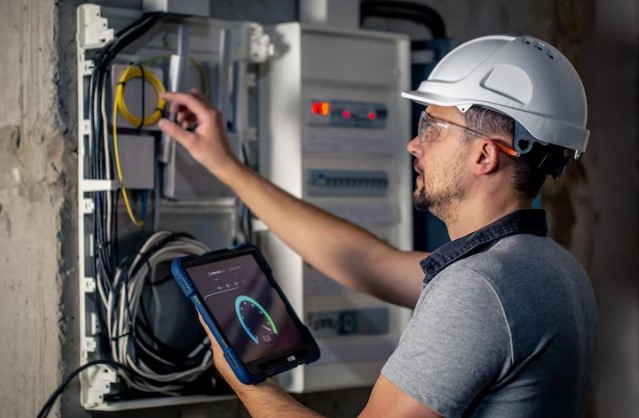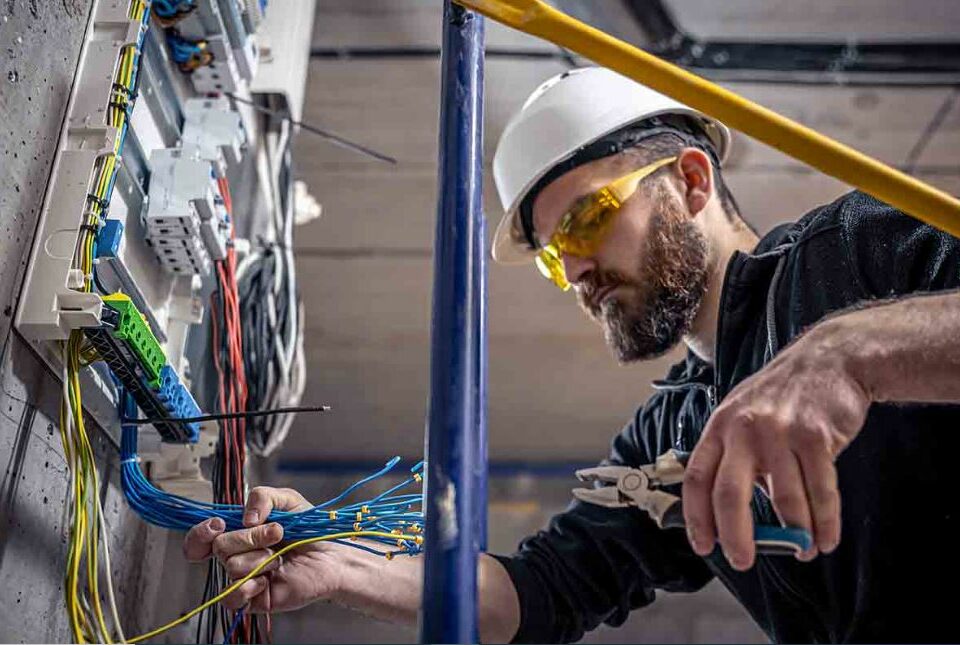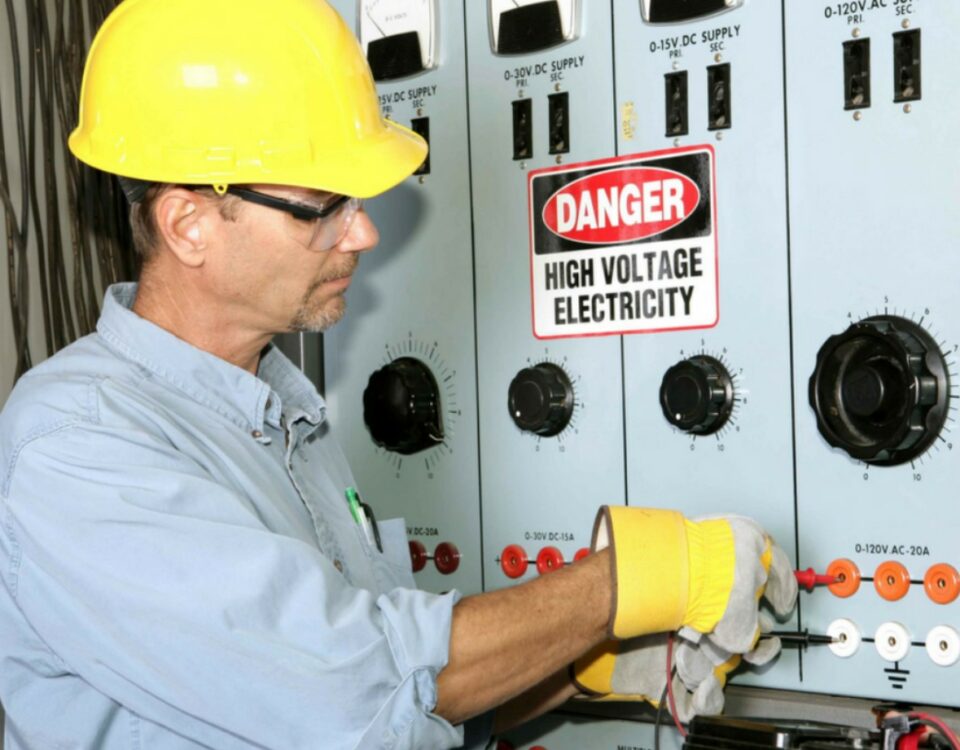How To Prepare For A Job As An Electrician & What Certifications Are Required?
Hello world!
October 4, 2022
Benefits Of Hiring A Licensed Electrician
June 21, 2023Electricians are highly skilled professionals who install, maintain, and repair electrical systems in a wide range of settings. From residential homes to industrial complexes, electricians play an essential role in ensuring that buildings have safe and reliable access to electricity.
If you are interested in pursuing a career as an electrician, there are several steps you will need to take to prepare for the job. This article will provide an overview of the job responsibilities of an electrician, the necessary training and experience required for the profession, and the certifications and licenses that are required to practice as an electrician.
Becoming an electrician requires a significant investment of time and effort. However, it can be a rewarding career path for those who enjoy working with their hands and have strong problem-solving skills. In addition to providing a sense of accomplishment from completed projects, becoming an electrician also offers opportunities for professional growth and development.
With proper preparation, aspiring electricians can obtain the necessary training and certifications to succeed in this field.
Understanding the Job Responsibilities of an Electrician
The job responsibilities of an electrician encompass the installation, maintenance, and repair of electrical systems in various settings. Electricians are trained professionals who work with a wide range of electrical components such as circuit breakers, transformers, generators, and wiring systems. They are responsible for ensuring that electrical equipment is installed properly and works safely.
An electrician must also be able to troubleshoot problems related to electrical systems by identifying faulty wiring or circuits. They must have the ability to read blueprints and technical diagrams to determine where wires should be run and how they should be connected.
Additionally, electricians need to stay up-to-date with current building codes and safety regulations to ensure that their work meets industry standards. Overall, the job of an electrician requires a combination of knowledge, expertise, and attention to detail in order to maintain safe and efficient electrical systems in homes, businesses, or any other setting where electricity is used regularly.
Obtaining the Necessary Training and Experience
Obtain the necessary training and experience by enrolling in an accredited electrical apprenticeship program, which typically lasts four to five years and provides hands-on training in the field under the supervision of experienced electricians. These programs offer a comprehensive curriculum that covers topics such as electrical theory, wiring methods, circuitry, motor controls, safety procedures, and building codes. Through classroom instruction and on-the-job training, apprentices gain valuable knowledge and skills that prepare them for a career as an electrician.
To maximize your chances of success in this field, make sure to consider the following tips:
1. Research different apprenticeship programs to find one that matches your interests and goals.
2. Be prepared to work hard and put in long hours during your apprenticeship.
3. Take advantage of opportunities to network with other professionals in the industry.
By following these guidelines, you can obtain the necessary training and experience required to become a skilled electrician.
With dedication and hard work, you can build a successful career in this rewarding field.
Obtaining the Required Certifications and Licenses
Acquiring the appropriate licenses and certifications is crucial for individuals seeking a career in the electrical industry. Statistics show that electricians who hold a license earn an average of 30% more than those without one. In addition, obtaining these credentials demonstrates to potential employers that candidates possess the knowledge and skills necessary to perform their job duties safely and efficiently.
There are various types of licenses and certifications an electrician can obtain, depending on their experience level and specialty. The most basic certification is the National Joint Apprenticeship and Training Committee (NJATC) certification, which is earned through completing a formal apprenticeship program.
Other common certifications include those offered by industry organizations such as the International Association of Electrical Inspectors (IAEI) or the National Fire Protection Association (NFPA). Additionally, some states require electricians to have specific licenses before they can practice within their jurisdiction.
It is important for aspiring electricians to research which credentials are required in their area and work towards obtaining them in order to maximize their earning potential and professional development opportunities.





